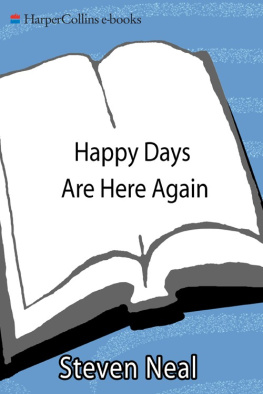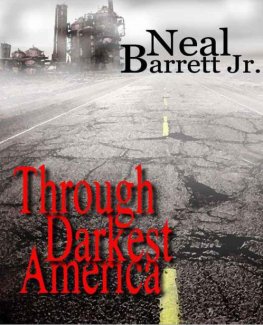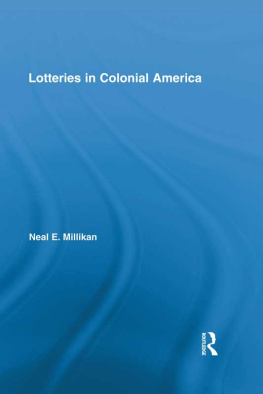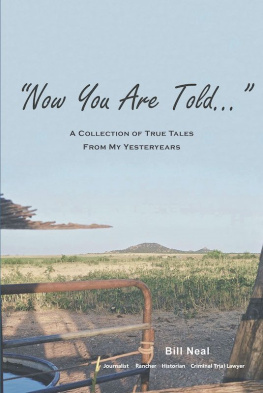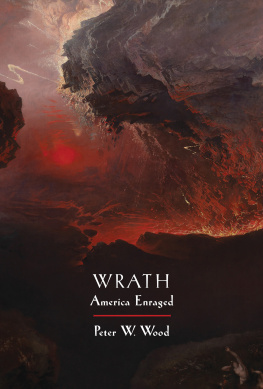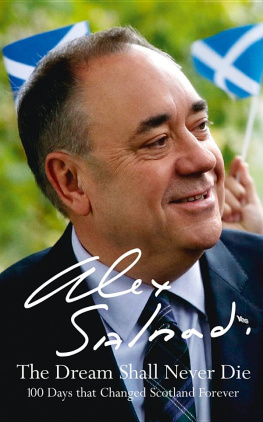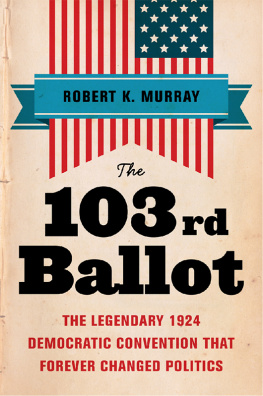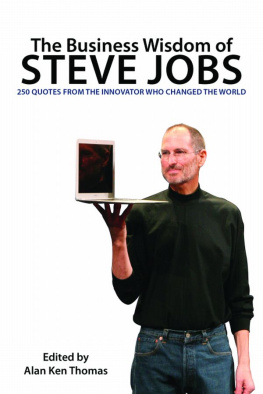1
THE MAN WHO WASNT THERE
F RANKLIN DELANO ROOSEVELT first visited Chicago in 1892, at the age of ten, when he accompanied his father on a tour of the site of the Worlds Fair celebrating the four-hundredth anniversary of Christopher Columbuss discovery of America. For the rest of his life, the prairie metropolis would be among his favorite cities. As the Democratic nominee for the vice presidency in 1920, he selected Chicago for the kickoff of his campaign. Tonight, he declared from the stage of the auditorium, we are firing the opening gun of a battle of far-reaching importance, and once again the shots are going to be heard around the world. In 1929, as the newly elected governor of New York, he made his out-of-state political debut in Chicago, speaking before a luncheon sponsored by the Democratic Party of Illinois. Although he would not discuss his own future, FDR blamed Republicans for the Great Crash and called for bold new leadership. This appearance in the heartland marked the beginning of his quest for the White House.
When the 1932 Democratic National Convention opened in Chicago, Roosevelt was 836 miles away in his paneled office at the New York State Capitol in Albany. This marked only the second time in twenty years that he would not be in the convention hall for the presidential balloting. As the leading contender for the presidential nomination, FDR followed the tradition that front-runners did not engage the competition. Even though he was not on the scene, his name dominated every conversation. While a half dozen rivals courted delegates, Roosevelt had to protect his lead and find more votes. Governor Roosevelt is as leading a candidate as one could find at the moment, a humorist wrote in The New Yorker, bearing in mind that it is always difficult to tell just how leading any Democratic candidate is at any given moment.
To win the nomination, Roosevelt would need a combination of luck and savvy political management. Louis McHenry Howe, sixty-one years old, and James Aloysius Farley, forty-four, were in charge of the Roosevelt operation in Chicago. Their war room was Suite 1702 in the Congress Hotel. The sickly and frail Howe, who had been promoting Roosevelt for the presidency for twenty years, would not leave this suite for the duration of the convention. Except that he threw his coat aside occasionally when he took a nap, FDR speechwriter Raymond Moley wrote of Howe, I dont think that he had his clothes off the entire week.
WORRIED ABOUT POSSIBLE subterfuge, Howe had one of his aides bribe officials at Chicago Stadium to obtain three adjacent rooms, with the center room to be used as Farleys convention hideaway. Howe ordered his aide to put locks on the side rooms and then spend the entire week night and day guarding this inner sanctum. Lela Stiles, one of Howes assistants, recalled that her boss had a telephone booth installed in Farleys hideaway office just to make doubly sure that no prying ears listened to any of the Farley conversations.
Among the reasons that Roosevelt, a polio survivor, had not gone to Chicago was that he would have had difficulty moving through crowds and standing in reception lines. The other candidates had a certain advantage, of course, in being on the ground, Farley said.
But Howe improvised. A private switchboard was installed at the Congress Hotel with a direct line to Roosevelts study in the Albany Executive Mansion. Howe had a voice amplifier attached with coils and wires to the switchboard for FDRs talks with delegates. I would get on the phone first, Farley recalled, and Id say, Governor, we have in this room the delegate from Iowa. And the first man Ill introduce to you is that chap from Twin Falls, Ned Chapman, who knows you and you met him, and then Id mention the names of the other fellows who were there, and then Roosevelt would come on the loudspeaker and talk to these fellows, calling them by their first names, and thanking them for what they were doing.
Those chats became so popular, Farley said, that one or two delegations complained when they thought they were being left out.
Even though Roosevelt was far ahead of his nearest rival, the nomination was in doubt. Of the 1,154 delegates, FDR had more than 600 votes. A majority was 578. But under the Democratic Partys rules, he needed a two-thirds majority of 770 votes to become the nominee. It took only 385 votes to deadlock the convention and that opposition had more than enough.
Roosevelt was strongest in the South and the West. Nearly half of his delegates (246) were from the Deep South and border states. He also had all sixty delegates from the Rocky Mountain states; twenty-six from the Pacific Northwest; eighty-one from the Great Plains; twenty-eight from New England; sixty-four from the Great Lakes states; and eighty-five from the Middle Atlantic region. The partys rural southern-western faction, which had once followed William Jennings Bryan and later William Gibbs McAdoo, had already chosen FDR as their new leader. What was most unusual about the Roosevelt coalition is that he did not have the support of his own region. The large industrial states of the Northeast were mostly against him, including his home base of New York.
As Farley noted, Roosevelt had delegates from thirty-one of the forty-eight states. But eight of the ten largest delegations were in the opposition camp. The Stop Roosevelt movement had a majority of the delegates in the Middle Atlantic states, New England, and on the Pacific Coast. If the opposition could unite behind a single candidate, the Democrats were headed for an epic battle. There was to be no rival candidate before the convention, Farley said, but all of the states not definitely committed to the Governor were to throw their favorite sons overboard and unite behind some mysterious candidate who would be trotted out at the last minute.
For Roosevelt to break a deadlock, something had to give. The states with favorite sons included Illinois with fifty-eight votes; Ohio with forty-eight; Missouri with thirty-six; Virginia with twenty-four delegates; and Maryland with sixteen votes. Perhaps the most coveted prize was Texas, which supported native son John Nance Garner and had forty-six votes divided among 184 delegates. In the war room, Howe had an extensive card file of delegations with background and analysis of key players. Ralph T. ONeil, national commander of the American Legion and a delegate from Kansas, was listed as friendly and willing to help in other states. Amon G. Carter, publisher of the Fort Worth Star-Telegram, a Garner confidant, was referred to as powerful, king-maker type, who breaks with everyone. The entry on Houston banker Jesse H. Jones described him as a double-crosser and for himself first, last and all the time. It also said that Jones promises everybody everything. Senator Tom Connally, according to the Howe file, had no conviction but was a key man and had tremendous influence.
Howe and Farley had reason for concern. The Indiana delegation, whose thirty votes had been listed by Farley in Roosevelts column, was flirting with the opposition. Meanwhile, the new leadership of the Minnesota Democratic Party announced plans to replace that states pro-Roosevelt delegation. Twenty votes from Mississippi were also at risk. Under the unit rule, FDR held that delegation by a plurality of a single vote. If the Roosevelt lines broke at any point, his lead might not hold.

